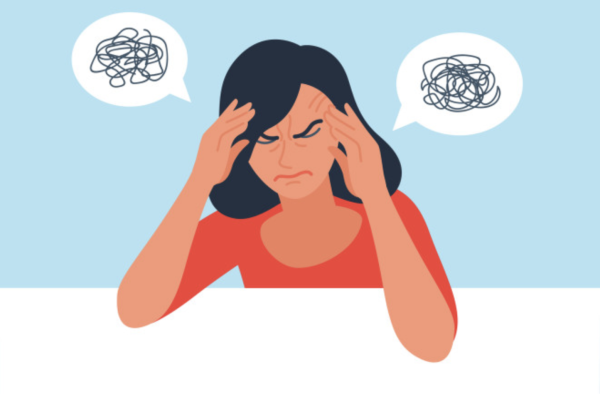Does more always mean merrier or is that a myth? Let’s weigh in on why more options could be desirable or less might be just enough: As a customer, we get excited to look at all the different choices we are given. On the other hand, when we are given minimal choices, we may see that we are not left with much of a reliable option to choose from due to the limitations. The fewer choices one has make it more underwhelming or disappointing when walking into a store or trying to shop online. However, more choices can be overwhelming, especially when one is unable to look thoroughly through all of the options and therefore, be uncertain in settling for a choice. Having more or fewer options depends on each individual, but to see the overall result, we should examine this further.

To test out this question, let’s look at it from the side of a business owner. Having more options for customers to choose from makes it harder for them to find something they truly like, because of how much focus they would put in to narrow their options in the first place. Instead, showing fewer options to a consumer firsthand allows them to take more time to consider something they really like. This is ultimately because they won’t be burdened by having many other options to compare the one they like to. In addition, more options from a business could imply that their products are lower in quality from potential overproduction. Rather, the less that a business has to offer for sale, could imply that they are more focused on the quality of their fewer range of products. Business owners hope to please their customers, but to do so, they should offer fewer options in order to focus on quality products.

Watching people go back and forth between options shows that human nature leads to indecisiveness. At a glance, more options could seem better because of how much more variety is offered, however, it is that in turn, too many choices can be overwhelming. For example, a store that offers way too many pairs of jeans for sale makes it impossible for one to look through and try on all of those pairs. As a result, one might feel unsatisfied with their choice because of the burden of having too many options to go through. Although it may seem that fewer choices would be unexciting, in reality, it won’t give people this headache, and instead allow for them to find a pair of jeans they are most satisfied with.
To help you avoid the dilemma of choice you should start by reasoning the best options to consider from. When narrowing your choices, start with 10 instead of 100, this way, you can avoid being overwhelmed by only having a manageable number of choices in front of you, and ultimately be more satisfied with your choice.



